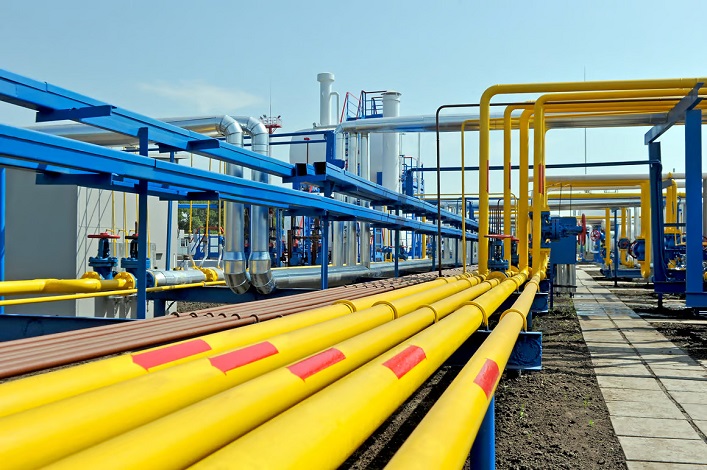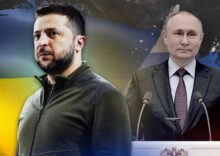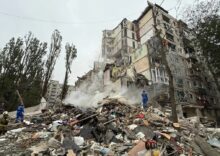The prospect of a peaceful settlement is prompting Europe to consider resuming Russian gas supplies.


Amid discussions about a potential end to the war in Ukraine, European officials are starting to contemplate renewing Russian gas purchases. The Economist notes that some officials are already “eagerly eyeing Russian gas,” as lower electricity bills could revive a “dying European industry” and provide relief to households.
According to Goldman Sachs, the end of the war in Ukraine could increase Europe’s GDP by 0.5%, mainly due to cheaper natural gas. Advocates of this approach also believe that resuming gas purchases from Russia would compel Putin to honor the agreements made during peace negotiations. This initiative enjoys support in Germany, Hungary, and several other EU countries.
However, it has sparked sharp discontent in Brussels and among representatives from Eastern European nations. Officially, the EU aims to entirely eliminate Russian gas and oil imports by 2027. Supplies through key pipelines have already been significantly curtailed. Currently, the share of Russian gas in EU imports is only 10%, down from 45% in 2021.







